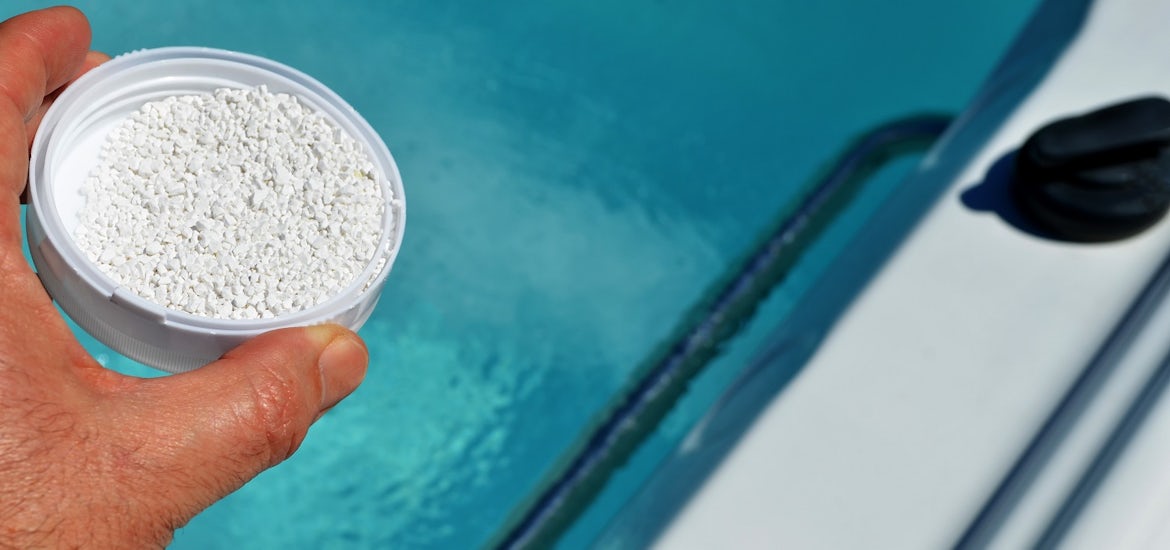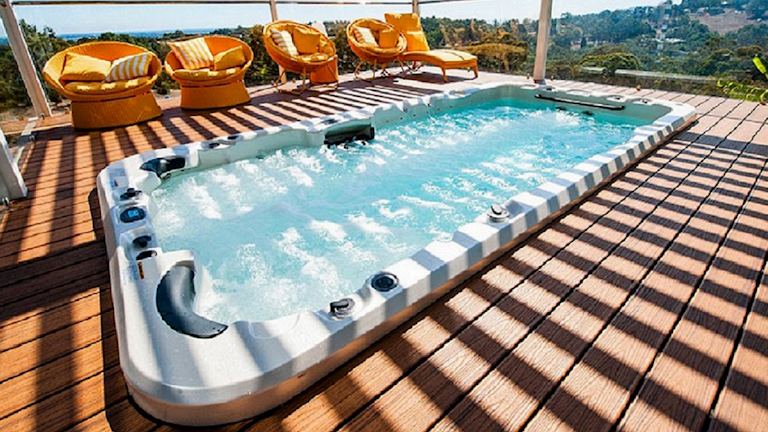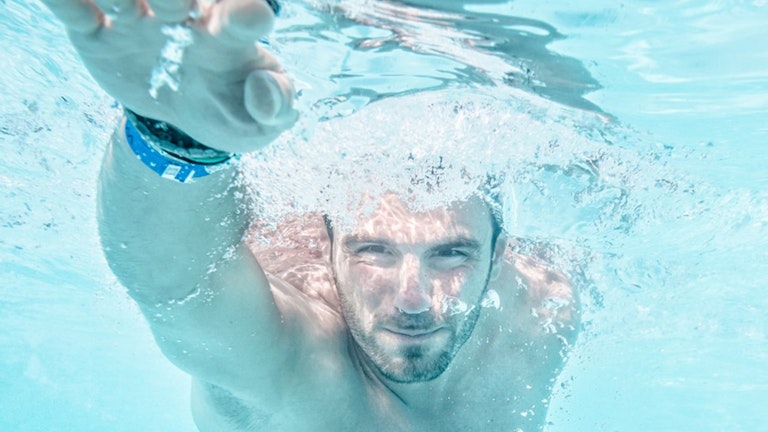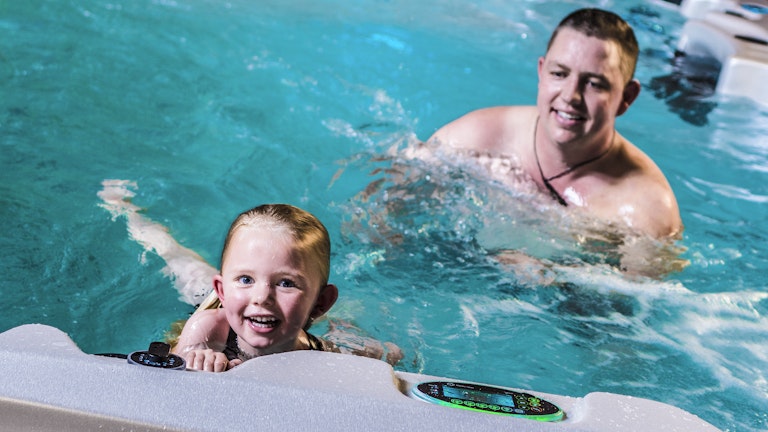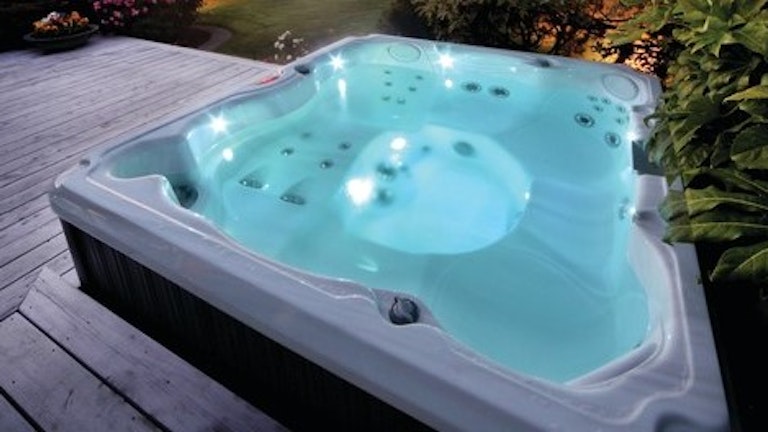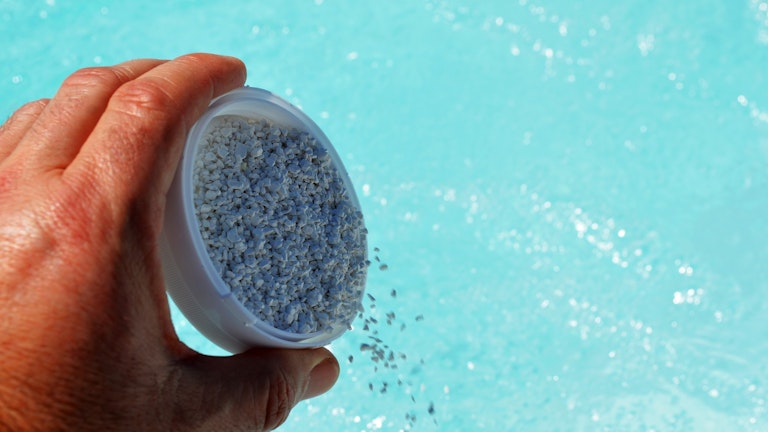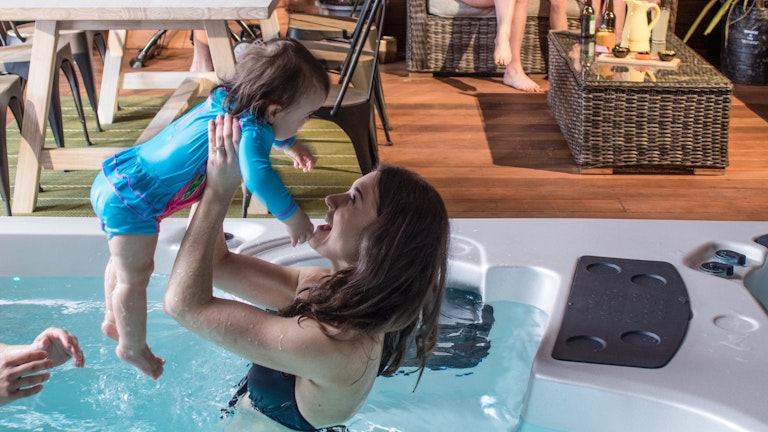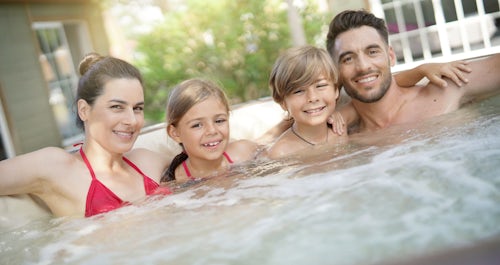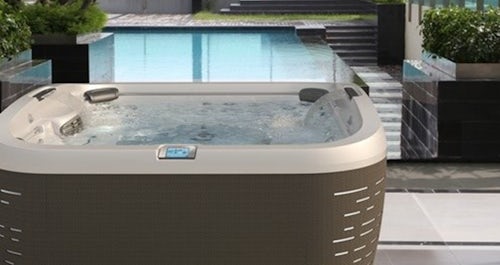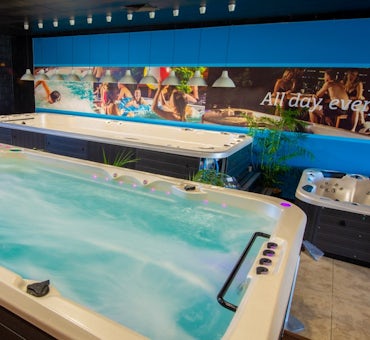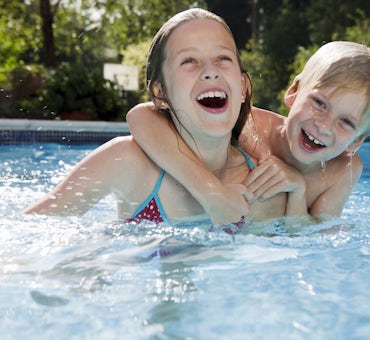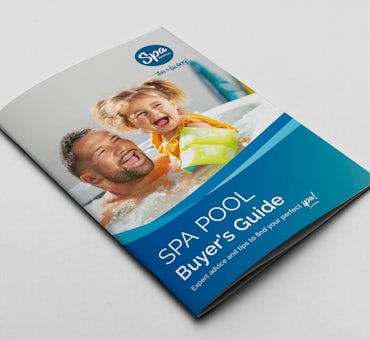All spa pools, pools and swim spas require chemicals to keep the water clean, clear, safe and healthy.
The two main types of chemicals used in spas, swim spas and plunge pools are:
As their name suggests, water balancing chemicals ensure the alkalinity, ph and water hardness are at appropriate levels. If your spa water is unbalanced, it could become corrosive – not great for your skin or your spa!
